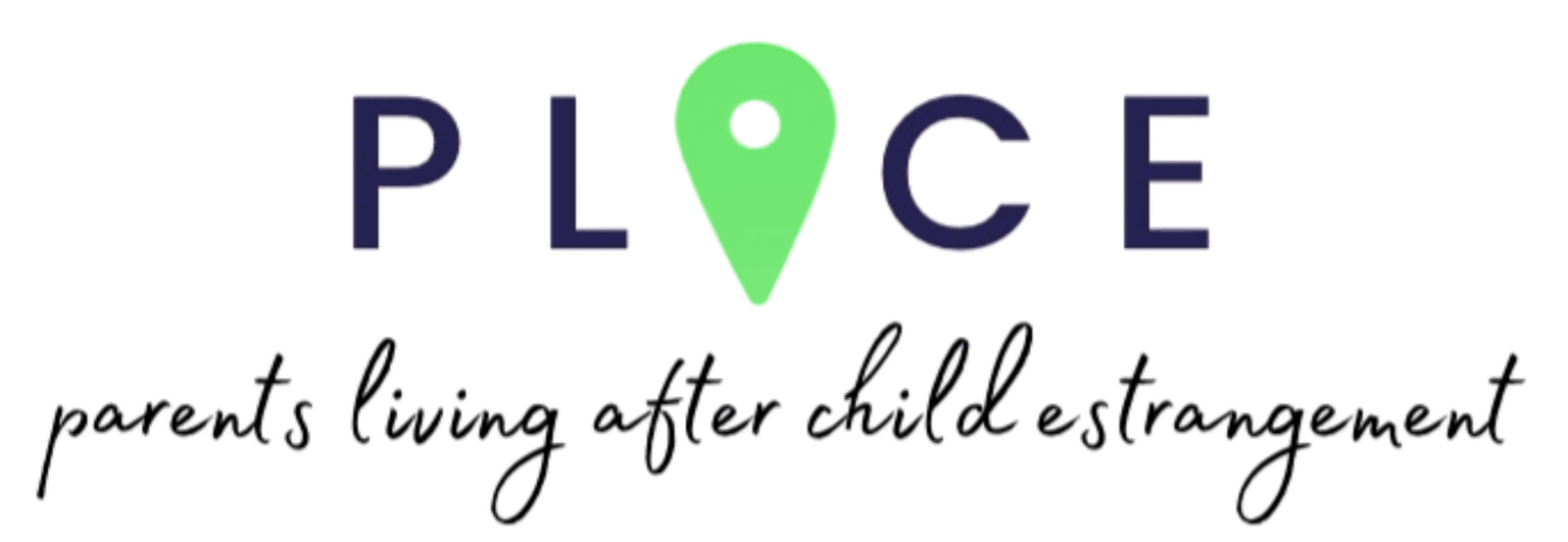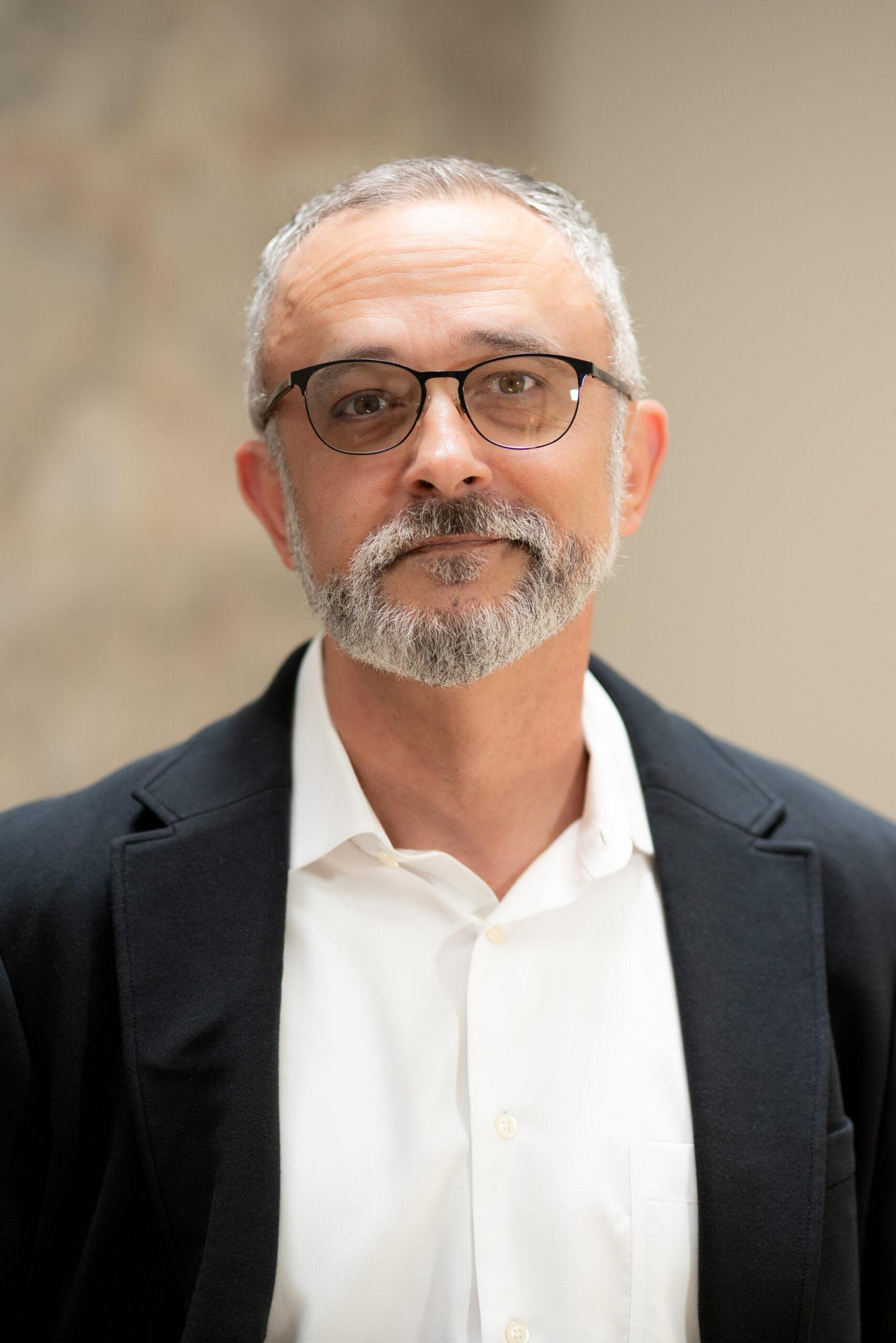Years ago while watching a PBS program, I was moved at the sight of a mathematician’s tears. Having just solved a theorem over 300 years old, Andrew Wiles was not basking in the attention like one might expect. He was instead aware of his moment, and that nothing after would be the same.
I’m not mathematician, but I’ll try to summarize what preceded Wiles’ fame:
In the 1630s, renowned French mathematician Pierre de Fermat came up with a theorem for which he said he had a proof, but lacked room in the margin of his journal to write out. Fermat died in 1665, and the reported proof was never found. Subsequently, mathematicians spent hundreds of years trying to come up with such a proof, but to no avail.
That is, until English mathematician Wiles did it. His peer-reviewed proof launched him into international fame, resulting in the 2016 Abel Prize, the 2017 Copley Medal and a Knight Commander of the Order of the British Empire appointment in 2000.
But as the documentary crew interviewed him that day, he found himself speaking through tears on the fact that nothing would be the same moving forward. In particular, the likelihood of his future work being similarly noteworthy was almost zero.
There was only a before and an after.
Information beyond perfunctory biographical facts regarding Sir Wiles is not readily available. It appears that he remains an esteemed professor at Oxford University. How he has fared emotionally since then, one could only guess.
We estranged parents and grandparents find ourselves in an unexpected “after” as well, witnessing sunrises and sunsets as we ever did, while our ubiquitous circumstance threatens to color every aspect of our lives.
I don’t know if Sir Wiles longs for the days before his breakthrough, before everything changed. I do know that we in the estrangement community may be tempted to long for how things were, even as we know deep down what a disservice it does to our emotional wellbeing.
You are here today, as am I. We control what we can, and that includes if and how we utilize this life still bestowed upon us.
I, for one, wish to do my best to live this life. One foot in front of the other. Can you do that? Can we? Can we raise our heads, look to the sky and find gratitude and solace? Let’s try, you and I.


